Health Benefits of Omega-3 Fatty Acids
Written by Kelcie Rosendahl, ND
What Are Omega-3 Fatty Acids?
Omega-3 fatty acids boast a variety of health benefits.
Docosahexaneoic acid (DHA) and eicosapentanenoic acid (EPA) are primarily found in certain fish while alpha-linolenic acid (ALA) is present in plant sources. These fatty acids have numerous health benefits and are indicated in the treatment and prevention of a variety of chronic conditions and support cardiovascular, brain and joint health.
Omega-3 fatty acids are most effective when consumed through food sources but sometimes extra supplementation is indicated. When supplementing, it’s imperative to use the correct dose and a high quality product to ensure effectiveness. Let’s dive in!
Omega-3 Fatty Acids: Essential for Every Cell in the Body
Omega-3 fats are long chain, poly-unsaturated fatty acids. They are incorporated into the membrane of every cell in the body, allowing fluidity of the cell and better flow of nutrients into and wastes out of the cell, and play an important role in anti-inflammatory processes.
Our bodies do not produce omega-3 fatty acids on their own and thus it is necessary to obtain sufficient amounts through food and/or supplementation. As mentioned, EPA, DHA and ALA are beneficial in a variety of health ailments including cardiovascular disease, brain and joint health.
Omega-3 for Heart Health and Lowering Triglycerides
EPA and DHA are proven to be effective in lowering blood levels of triglycerides.
Elevated triglycerides, as can be seen through a routine blood test known as a “lipid panel”, are correlated with increased risk for heart disease and stroke. High levels of triglycerides can also be seen in blood sugar dysregulation including type II diabetes.
Brain Health Benefits of Omega-3 Fatty Acids
The presence of omega-3 fats in cell membranes facilitates communication between brain cells, allowing messages to be sent effectively.
Not only are they crucial for fetal brain development, omega-3 fatty acids are protective against Alzheimer’s disease, dementia, ADHD and depression.
Interestingly, decreased DHA levels have been associated with a smaller brain size in older adults, a finding correlated with accelerated brain aging.
Omega-3 During Pregnancy: Benefits for Mother and Baby
Research also suggests that EPA and DHA are supportive for fetal brain health and development. Data derived from observational studies have found that omega-3 fatty acid consumption during pregnancy either in the diet or via supplements is associated with improved neurodevelopmental outcomes in the child.
In particular, EPA and DHA support the healthy development of the fetal brain, eye, and nervous system, healthy birth weight and gestational length, healthy immune system development, positive mood and well-being in mothers, and attention and focus in infants and children.
How Much Omega-3 Should You Take?
Research shows that different doses of omega-3 fatty acids are effective for different conditions. This means the effective dose varies depending on why you are taking the fish oil and what you are trying to accomplish by using it.
For example, someone taking a fish oil supplement to help decrease their triglycerides may want to take a different dose than a pregnant mother. I suggest speaking with your trusted healthcare professional to ensure you are using the correct dose of fish oil for your unique circumstance.
How to Choose a High-Quality Fish Oil Supplement
If you choose to supplement omega-3 fatty acids with fish oil, it’s imperative to choose a high quality formulation that has been stored properly throughout the shipping and distribution process.
Unfortunately, many fish now contain unhealthy levels of toxins. Oil from these fish will not possess as many health benefits as oil from healthy fish and could potentially be harmful when ingested at high amounts.
I advise choosing a brand that has a high standard for sourcing and production. Trusted physician-grade brands include NordicNaturals, Genestra, Thorne and Carlson Labs.
Vegan Omega-3 Supplements: Are They Effective?
Vegan omega-3 fatty acid supplements do exist. These supplements are often less potent than fish oil-derived omega-3 supplements, so it’s important to read the label to ensure you are taking an effective dose.
The omega-3 fatty acids in vegan supplements are often sourced from marine algae. It’s important to assess for quality when using both fish and plant-derived omega-3 supplements.
Storing Fish Oil: How to Keep Your Omega-3 Supplement Fresh
A good way to verify if you are purchasing a high quality product is to verify that the product has been tested by a third party. Once you purchase a high quality fish oil I recommend keeping it refrigerated. This will keep the product fresher longer and avoid any of the oils from going rancid.
If you’re curious about how omega-3s could support your specific health goals—from heart and brain health to pregnancy and beyond—our naturopathic doctors are here to help you find the right dose and the highest quality supplement for your unique needs.
References
Swanson, Danielle, Block, Robert and Mousa, Shaker A. Omega-3 Fatty Acids EPA and DHA: Health Benefits Throughout Life. Advances in Nutrition 3(1):1-7. January 2012. DOI: 10.3945/an.111.0000893
Yurko-Mauro K, Alexander DD, Van Elswyk ME. Docosahexaenoic acid and adult memory: a systematic review and meta-analysis. PLoS One. 2015;10(3):e0120391. Published 2015 Mar 18. doi:10.1371/journal.pone.0120391
Coletta JM, Bell SJ, Roman AS. Omega-3 Fatty acids and pregnancy. Rev Obstet Gynecol. 2010;3(4):163-171.




